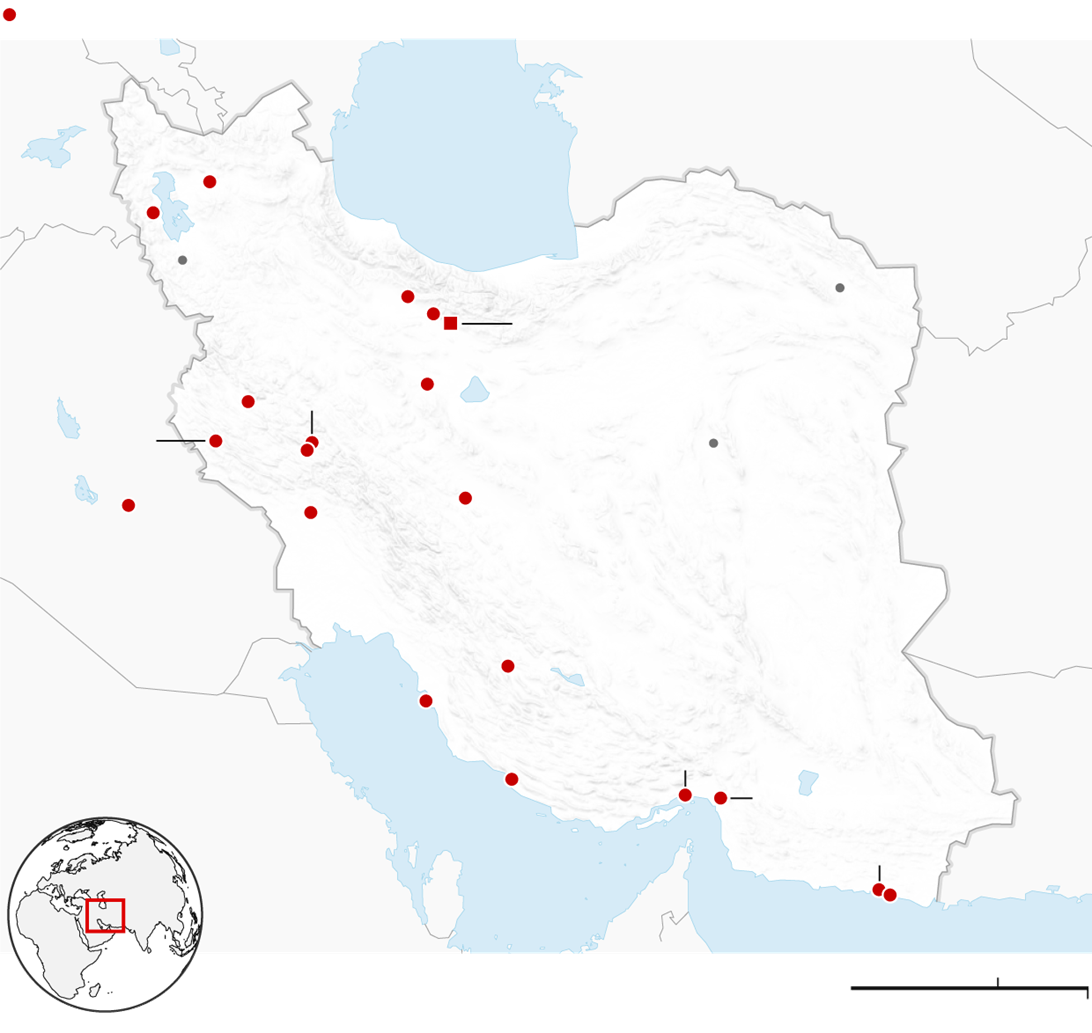There are certainly examples where new technology has replaced jobs. The US had 350,000 telephone switchboard operators in 1950, and the job just went away. The tractor played a big role in reducing the number of US farmers in the first half of the 20th century. Almost every village of any size had a blacksmith though much of the 19th century, but with the rise of industrial production, there weren’t enough of them left to be counted as a separate employment category in the 1900 census. And now here we are with the new artificial intelligence tools, and warnings that all manner of jobs that use computers–across a wide array of industries–could be at risk.
It seems obvious to me that many jobs will change as new technologies appear. Many of the tasks involved in my own job, running an academic economics journal since the late 1980s, changed substantially with the arrival of the internet, for example. But the job itself didn’t go away; indeed, the internet probably made me better at my job. For example, it’s a lot easier for me to look up cited articles from my desk than it was to walk over into the library stacks to find the article–and so I check many more articles as a result.
Thus, a key issue here is the extent to which the new AI tools replace workers outright, like telephone switchboard operators, or whether they allow workers to be more productive and effect–or even create the possibility for new and previously unimagined jobs. Daron Acemoglu, David Autor, and Simon Johnson work through these distinctions in “Building pro-worker artificial intelligence” (Hamilton Project at the Brookings Institution, February 2026). They write: “We define pro-worker technologies—including AI—as technologies that make human skills and expertise more valuable by expanding worker capabilities.”
They emphasize a key point about AI tools: such tools may actually be more useful when collaborating with humans. They write:
A modern AI system can ingest drone imagery and soil sensor data from a farm’s every acre, the complete sensor logs from a building’s HVAC system, or the detailed vital signs of a single patient observed over many months to support workers making high-stakes decisions. Drawing on this pretraining, AI tools can think alongside workers, identify relevant context, generate well-informed responses to questions, and present lucid, well-structured data to support decisionmaking. This is collaboration.
You may object: “If AI can behave like an expert, can’t it simply replace experts, thus automating their expertise into irrelevance?” In some cases, the answer is yes. But in many more cases, we think the answer is no: AI will prove more effective at collaboration than
at automation. Precisely because AI is not rule-bound, it is less trustworthy as an autonomous actor than a conventional computer system, and more valuable as a collaborator (Narayanan and Kapoor 2025).To be useful, an automation tool must deliver near-flawless performance almost all the time. You would not tolerate a spreadsheet that hallucinated values, a robotic surgeon that glitched-out during bypass surgery, an agentic investing tool that squandered your money while you were not paying attention, or an AI-powered vending machine that gave away PlayStations and stocked live fish at the behest of persuasive customers (Stern 2025). For most of these tasks, the stakes are too consequential and the decisions too nuanced to be fully delegated to an automatic system that acts on its own discretion. The AI needs human expertise.
A collaboration tool does not need to be anywhere close to infallible to be useful. A doctor with a stethoscope can better diagnose a patient than the same doctor without one, and a contractor can pitch a squarer house frame with a laser level than they could by eyeballing it. These tools do not need to work flawlessly, because they do not promise to replace the expertise of their user. They make experts better at what they do—and extend their expertise to places it could not go unassisted. Rather than making expertise unnecessary, they render expertise more valuable by extending its efficacy and scope. It is this complementarity between machine capacity and human expertise that we believe imbues AI with vast pro-worker potential.
The authors provide concrete examples of pro-worker uses of AI for teachers, electricians’ assistants, patent examiners and others. They point out that the use of AI-assisted hearing aids might enable some workers to expand their on-the-job capabilities. However, they also worry that economic incentives and business habits may tend to emphasize AI applications that substitute for current jobs, rather than complement them. Thus, they argue for the public sector to nudge the incentives for pro-worker AI tools where possible. One of their examples stuck with me:
Indeed, the public sector already heavily shapes the path of technology in health care and education. For example, the federal Health Information Technology for Economic and Clinical Health (HITECH) Act of 2009 dramatically accelerated electronic health record adoption in U.S. hospitals through financial incentives and penalties. Within less than a decade, the
United States went from approximately 10 percent of hospitals with electronic health records to near-universal adoption (Office of the National Coordinator for Health Information Technology 2017). In a similar vein, the federal schools and libraries universal support (E-Rate) program, established by the Telecommunications Act of 1996, provides ongoing subsidies to schools and libraries for Internet connectivity. As of 2021, 95 percent of U.S. public school classrooms had WiFi (Munson 2023).
They also point out that the US corporate tax code treats investment in machinery more favorably than investment in, say, worker training and skills. That policy difference could be at least equalized. In this and other ways, the future uses of AI are not purely determined by technological advance, but instead by the incentives and beliefs of economic players–firms that develop AI technologies, firms that use them, managers thinking about how work should evolve, the the willingness of workers to build new skills.
The post Can AI Tools Be Pro-Worker? first appeared on Conversable Economist.







